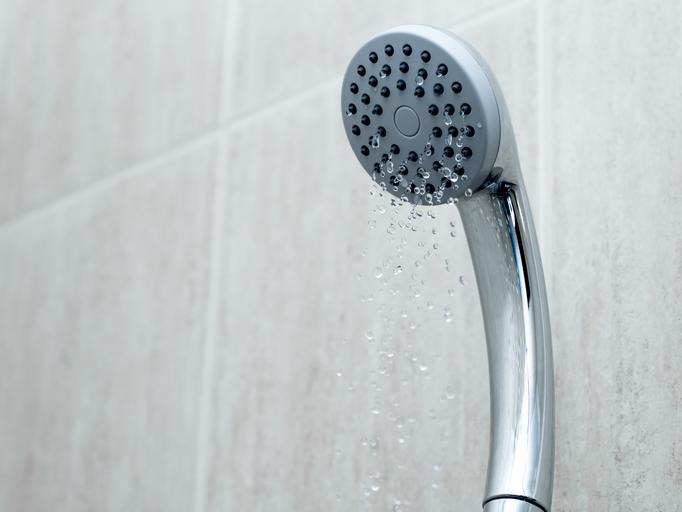
One of the most frustrating experiences is stepping into the shower, only to be barely sprinkled by a slow trickle of water dribbling out. Sometimes it’s simple and straightforward to address the problem, but there are a number of potential causes of low water pressure, and some of them stem from municipal issues outside your control. Read on to learn how a pressure tank and pump can help you enjoy your showers when your city's water supply isn't up to par.
Diagnose and Confirm the Problem in Your Pipes
Low water pressure generally is not as pressing a problem as its more notorious cousin, high water pressure, which can damage your fixtures and place stress on the entire household plumbing system. However, low pressure can still be quite annoying. It means your showers will be unsatisfying, your appliances might not work as well as they should, and you may even have to put up with an annoying whistling sound coming from your pipes.
If you are worried that your water pressure is too low, you can purchase a testing kit to confirm your suspicions – anything below 30 PSI is cause for action. The first step to tackling low water pressure is identifying the cause. If you have a plumbing leak or debris buildup somewhere in your pipes, you should hire a plumber to fix the specific issue. However, if the source of your low water pressure is outside the home, such as a low-pressure well or a weak municipal water supply, there is another step you can take to remedy the problem.
Pumps and Tanks Keep the Water Flowing
Keep in mind that integrating a pressure tank and pump into your household plumbing is a relatively complicated job, so you shouldn't attempt to do it yourself unless you already have a decent amount of DIY experience. Pressure tanks are more commonly used to complement well systems, but they can be a big help for homes on municipal lines as well. A pressure tank alone, integrated into your plumbing after the main shutoff valve, will keep the volume of water in your system high, maintaining pressure at a more constant level.
To boost the pressure beyond that, you need a pump to go along with the tank. The pump takes the low-pressure water coming into your home and increases the PSI before sending it through to the pressure tank. A one-way valve in the pump prevents the pressurized water from backing up and returning to the water supply. Most pumps should also have settings that allow you to control the PSI to your specifications.
Help for Your Pressure Problems Is a Phone Call Away
If you have low water pressure in your household plumbing, a qualified plumber can help you diagnose the problem and present you with all of your options. Reach out to your local plumbing pros to take the first step toward more satisfying showers. Contact us today at 1-877-BEN-1776!

















 Your Privacy Choices
Your Privacy Choices